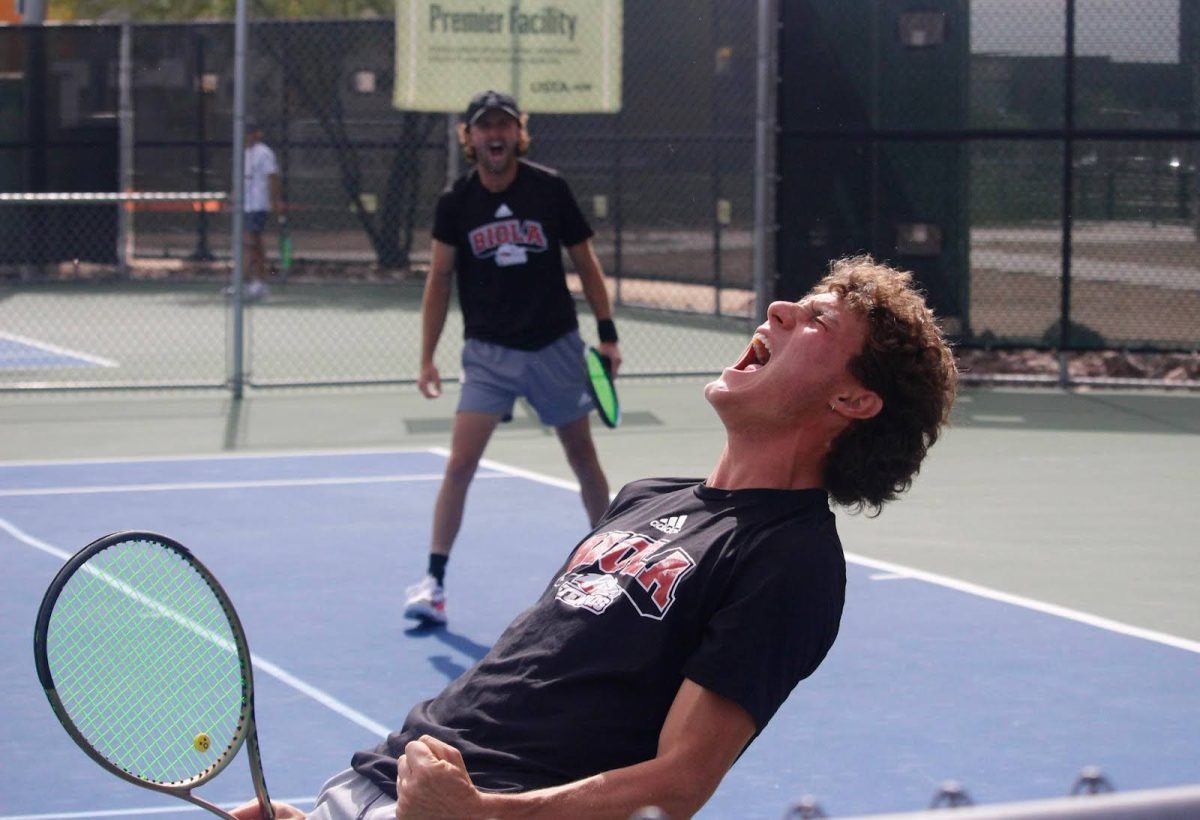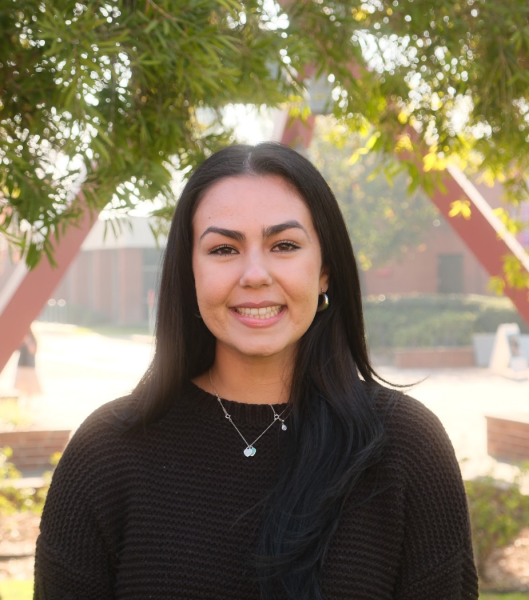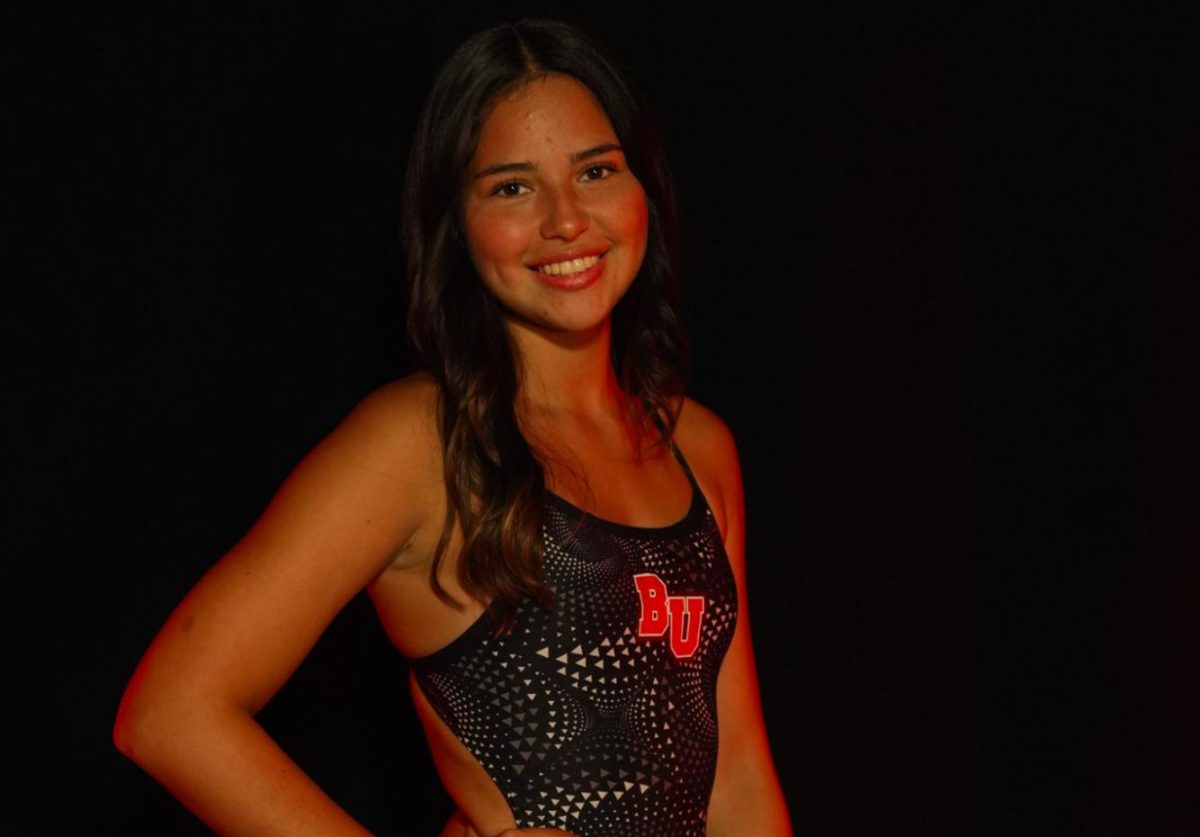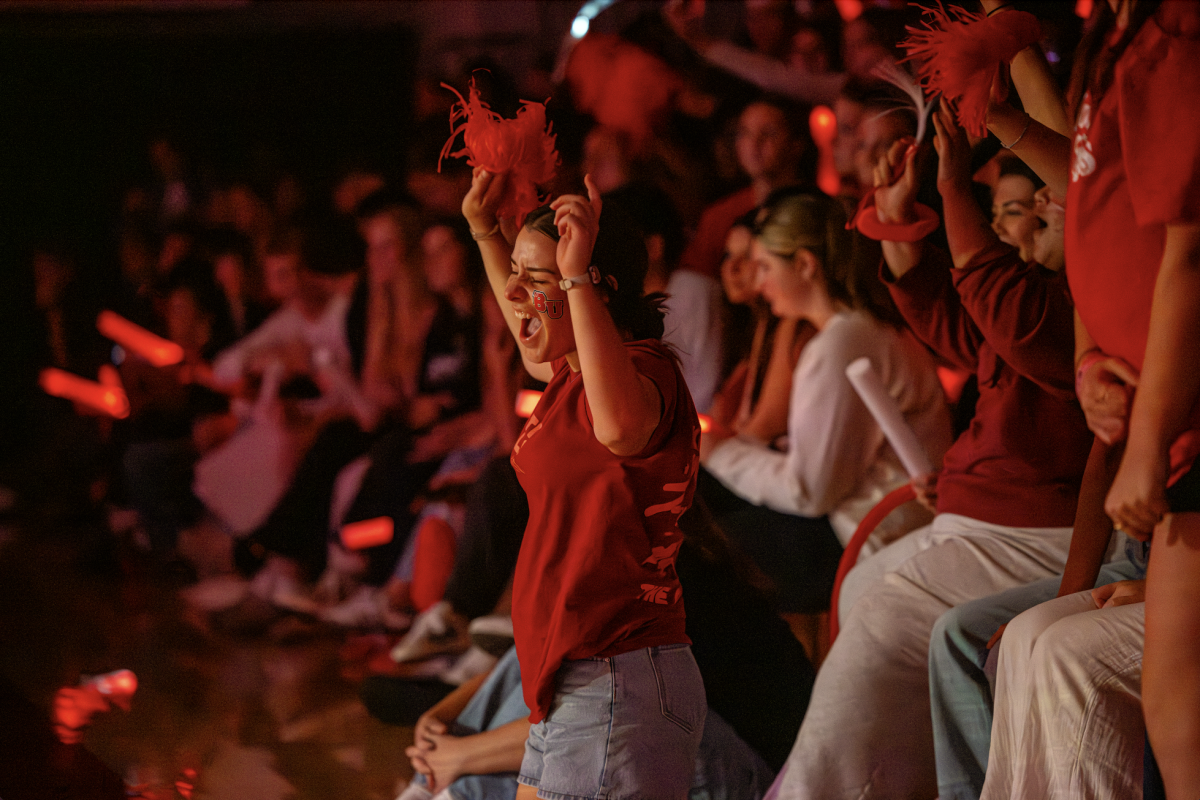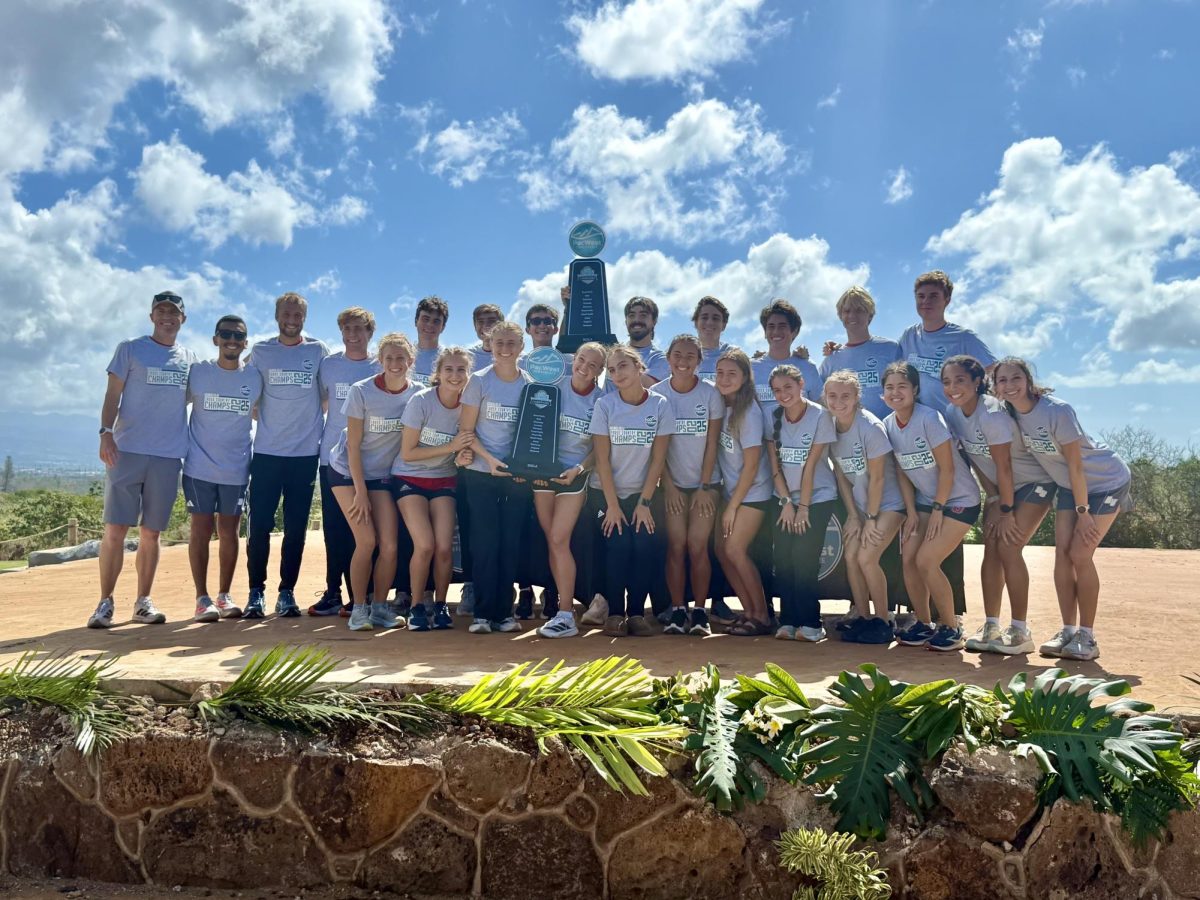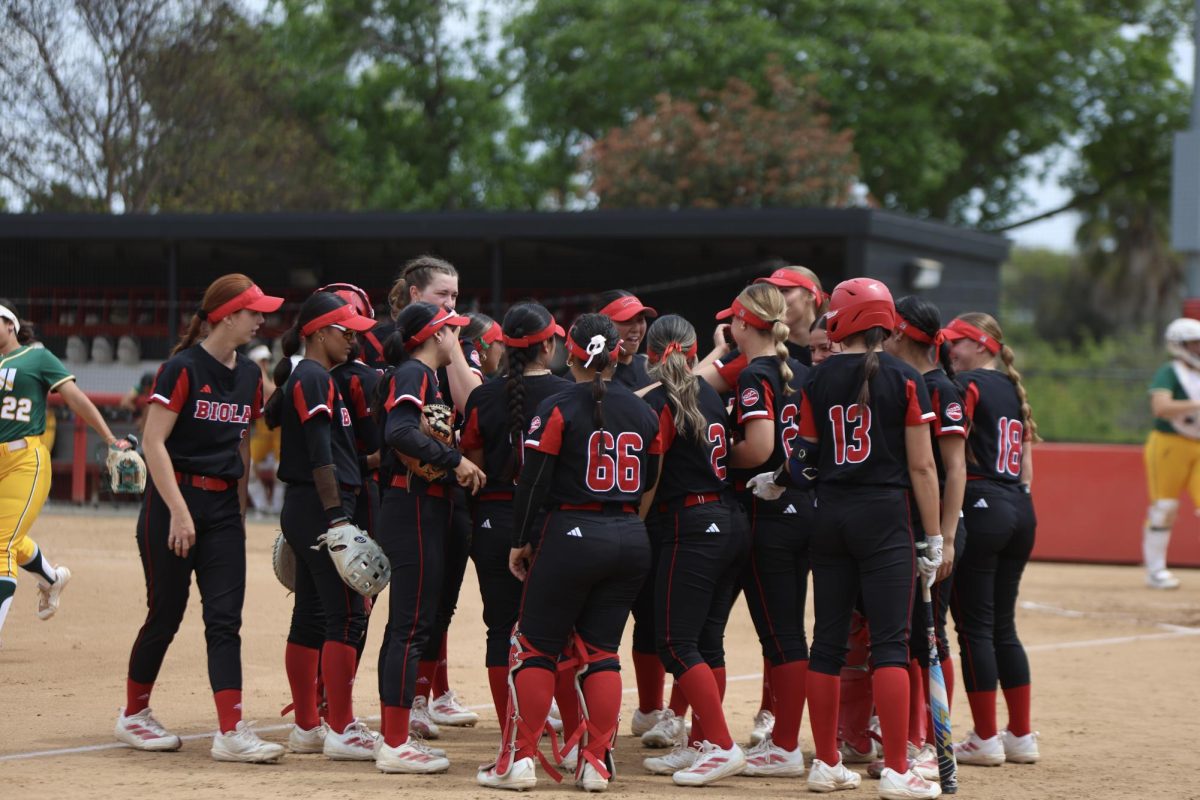Leaving behind the familiar sights of Argentina to chase a dream in the States was no easy task, yet for senior business management major Santino Serrallonga, it’s a challenge he has embraced with determination. For Serrallonga, tennis became a bridge that helped open doors of opportunities, embrace a new culture, and play at the collegiate level.
At the age of 15, Serrallonga dreamt of coming to the States to get his degree and play at the highest level, so he hired a company to help him get schooling together.
Serrallonga didn’t start his college career at Biola but started at Ventura Community College for two years, where he eventually caught Biola’s attention.
“I beat a couple of guys from here, so Coach gave me an opportunity and gave me a scholarship,” said Serrallonga. “Just find out about Biola, the history, the faith base, the academics, and I think it was a good place to come here.”
Playing for Ventura was Serrallonga’s first experience in the United States, and he made the jump alone. He credits TV shows for giving him some idea of what life would be like here, but the reality was different. At first, he struggled with homesickness and missed the familiarity of home. With only about 20 days a year to see his family — due to his academic schedule and tennis commitments — he learned to adjust.
“We all knew it was the best for me, my education, my well-being, and to grow as a person,” said Serrallonga. “So when I saw it in that way, I didn’t miss home that much, especially as the months went by.”
Through everything, Serrallonga knew that it was all in God’s plan, and he wanted God to do his works.
“I think He knew the plans from the first moment I came to Ventura College. I think He knew I was coming here,” said Serrallonga. “I was going to grow my faith and be surrounded by people with the same values.”
Serrallonga described his experience at Biola as being reborn in his faith.
CHANGE IN-GAME
When Serrallonga first came to Biola, he was riding the high of his success in the California Community College Athletic Association (CCCAA) at Ventura. However, he quickly had to adjust to the higher level of competition in the NCAA PacWest.
“I won a lot of matches, and I didn’t have many difficulties in the two years,” said Serrallonga. “Now, coming here to NCAA, everybody is good, so I had to work really hard to win those matches, and I had to really do the work to be good and help the team win.”
The style of tennis is different in the NCAA compared to Argentina. The courts he grew up playing on were made of clay, which made the game slower and the ball bouncier. In the NCAA, however, players compete on hard courts, making the game faster.
“I’m trying to get better at this, and I’m still learning,” said Serrallonga. “But people go a lot to the net. They have really good hands and big serves.”
In contrast, the game in Argentina tends to favor baseline play, with less emphasis on the net. Players tend to hit higher balls, allowing for more bounce and longer rallies.
“Here, I feel it’s more like couple patterns and trying to finish the point as soon as possible,” said Serrallonga. “Like every ball that sits on the court, boom, go attack, and trying to finish the point quicker, and in Argentina, it’s a little bit more conservative.”
Serrallonga noted that his game benefits from a mix of both styles, combining the patience of longer rallies with the aggressive approach of finishing points quickly. Although Serrallonga prefers the Argentinean game style he has been playing since the age of nine, he enjoys learning a new style.
This season, Serrallonga is focusing on finishing points more easily without relying on long rallies
“I want to be physical, ready for every match, and finish the point fast,” said Serrallonga. “Improving my serve and winning easier points with my serve, being aggressive with my forehand and going into the net.”
CHALLENGES
In Argentina, the culture is quite different from here. For example people are more physical during greetings, such as giving hugs or kisses on the cheek. But Serrallonga quickly began to like the American/Biola culture they give without expecting something in return.
“No matter what I needed, they just helped me, support me, without expecting anything from me. And I feel that helped a lot in my transition,” said Serrallonga.
Serrallonga didn’t want to stay in Argentina because he wanted to explore the world, meet new people, and experience new cultures.
“I feel like staying in the same place all the time I could be stuck,” said Serrallonga. “And not grow as a person or a friend, and I wanted my skills to expand to new horizons.”
The community at Biola has also helped make the transition easier. While adapting to a new culture has its challenges, another struggle for Serrallonga has been adjusting to the academic environment. Like nearly every college student, Serrallonga’s worst fear is class presentations — but for him, it is emphasized.
“Participating in class, that’s one thing that I’m still struggling with. I don’t know if I feel bad about my accent or something,” said Serrallonga. “I feel I’m very outgoing talking with people, but the time that I have to present in class, I get so nervous, and I think that’s one of the language barriers that I think it’s all mental.”
Serrallonga tries to memorize his speech sentence by sentence. He prepares his speech in Spanish and translates it into English for memorization, but sometimes, he blanks and doesn’t know what to say. Standing in front of a class full of peers despite the fear of someone not understanding you is commendable for Serrallonga to accomplish.
SUPPORT
Serrallonga found a community he could relate to on and off the tennis court. On the tennis team, multiple players are also international students of Hispanic descent.
“It was good to have somebody with the same values and culture, and it made it easy to transition to this new school, especially also the other guys from my team,” said Serrallonga.
Having teammates from different countries such as Ecuador, Mexico, and Spain, Serrallonga felt at home because they all spoke the same language and had the same customs. He felt he had people who truly understood him and he could relate to.
Facundo Arranda, a sophomore business management major on the basketball team, was a key source of support for Serrallonga during his transition. Also an international student from Argentina, Arranda became a valuable friend and guide as they navigated college life together. He even introduced Serrallonga to another Argentinian international student, Máximo Milovilch, who was on the basketball team, helping create a support system for one another. Even talking about simple things such as food and drinking Matte, a traditional Argentinian beverage, made life easier.
From overcoming the challenges of adjusting to a new culture and competitive tennis environment to finding strength in his faith and support system, Serrallonga’s experiences reflect a commitment to both academic and athletic excellence. As he continues his journey at Biola, his story is a testament to resilience, faith, and personal growth.

